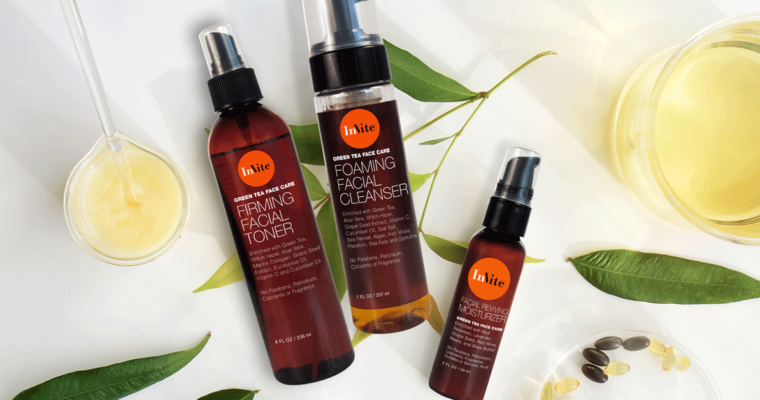Photo by Sarah Comeau on Unsplash
No matter your age, your skin is an important factor in your life. Whether you can’t seem to rid your skin of acne or are wondering when those fine lines and wrinkles popped up, we’ve got the all of the information to help you get the clear skin you’ve been looking for.
The Basics.
Did you know that your skin is an organ? It is actually the largest organ in your body. Because it is so large and because it has a direct connection to your lifestyle (what you eat, how much you exercise, other environmental factors), your skin can be tricky to handle. It is the first line of defense from the elements and is responsible for the transfer of nutrients into your body, and the removal of toxins.
You could be doing everything “perfectly” – like eating the right foods, drinking lots of water, getting enough sleep and staying on top of your skin care routine – but you still find yourself dealing with breakouts, dry skin or other issues. There are a few things you should know about the factors that impact your skin, both beneficially and negatively.
How free radicals impact your skin.
Free radicals are simply the scavengers that cause damage to your cells. Factors like fried foods, alcohol, tobacco, sun exposure, smoking and pollutants are the main culprits that have been shown in numerous studies to increase the free radicals in our bodies.
Limiting your exposure to free radicals may be an important first step in protecting your skin. To do this, you’ll want to protect it using mineral-based sunscreens, limiting your alcohol intake, and cutting down on sugar and processed foods. You may also want to turn to pomegranates! According to former Director of Nutrition for InVite® Health, Nicole Crane, BS, NTP, “Pomegranates, whether fresh or in extract form, can really pack a punch! They are rich in protective antioxidants and collagen-boosting Vitamin C, which plays a major role in the creation of new, healthy skin cells. Ellegic acid, an active constituent of pomegranates, have been shown to combat inflammation and collagen breakdown, helping to protect the skin from sun damage and offer protection against wrinkles and older looking skin.”
Antioxidants and clear skin.
You’ve probably heard the term ‘antioxidants’ more times than you can count, but what are they? Antioxidants are found in all living things – plants, animals and humans all contain them. They are the natural method in which our body protects us against free radicals. Antioxidants help ward off cell damage. They are released from the foods we eat through our digestive tract, then they move into the bloodstream, and finally into our cells.
This is no different for our skin. There are a a few notable antioxidants that are beneficial, including carotenoids like lutein and lycopene. Carotenoids are yellow, orange and red pigments that are found in fruits and vegetables and they play an important role in protecting our skin from sun damage and sunburn. Nicole Crane explains, “They have the potential to neutralize free radicals that create inflammation and damage. Lycopene is found in the skin of tomatoes. When it comes to the skin, tomatoes and the lycopene they contain pack a powerful punch against sunburns and aging skin.” Turn to carotenoids for healthy, clear skin.
Collagen Reigns Supreme.
Think of collagen are your skin’s number one support system. It is the amino acid that forms connective fibers, which are necessary for maintaining the strength and structure of your skin cells. It is also the most abundant protein in the body. Seventy percent of our skin is made up of collagen; but the older we get, the less we make! This can lead to sagging, wrinkled skin.
But not all Collagen is created equal! Collagen type 1 and type 3 are essential in the repair and support of our connective and structural tissues. Together, these forms are the most abundant types of collagen found in the body. A non-GMO hydrolyzed collagen powder supplement can be highly beneficial for your hair, skin and nails but also for your joints and muscles.
Questions about clear skin? Leave a comment below to speak with a certified nutritionist.






